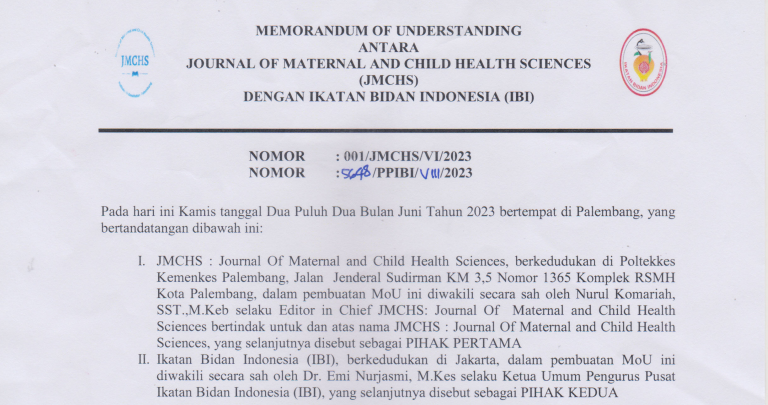Knowledge And Attitude Of Integrated Citizens At Ar-Rahman Foundation Towards The Behavior Of Preventing Sexually Transmited Infections
Abstract
Background: the 2017 Indonesian Demographic and Health Survey noted that 8% of boys and 2% of girls had sexual intercourse. Risky sexual behavior is something that should receive attention, not only because of the long-term impact on reproductive health but most importantly, because of the increase in sexually transmitted infections and the HIV epidemic. Understanding and increasing knowledge about the prevention of sexually transmitted infections is needed to reduce the prevalence of sexually transmitted infections. Objective: to assess the knowledge and attitudes of inmates at the Ar-Rahman drug rehabilitation center towards the behavior of preventing sexually transmitted infections.
Methods: this type of research is quantitative analysis with a cross-sectional design. Collecting data by filling out questionnaires to 30 research samples. Bivariate data analysis using the chi-square test (CI=95%).
Results: data analysis showed that there was a relationship between knowledge and STI prevention behavior with p=value. 0,003 and there was a relationship between attitude and STI prevention behavior with a p-value=0,033.
Conclusion: the level of prevention of STIs will increase if knowledge and attitudes about STIs are good.

This work is licensed under a Creative Commons Attribution-ShareAlike 4.0 International License.
Authors who publish with this journal agree to the following terms:
- Authors retain copyright and grant the journal right of first publication with the work simultaneously licensed under a Creative Commons Attribution License that allows others to share the work with an acknowledgement of the work's authorship and initial publication in this journal.
- Authors are able to enter into separate, additional contractual arrangements for the non-exclusive distribution of the journal's published version of the work (e.g., post it to an institutional repository or publish it in a book), with an acknowledgement of its initial publication in this journal.
- Authors are permitted and encouraged to post their work online (e.g., in institutional repositories or on their website) prior to and during the submission process, as it can lead to productive exchanges, as well as earlier and greater citation of published work












